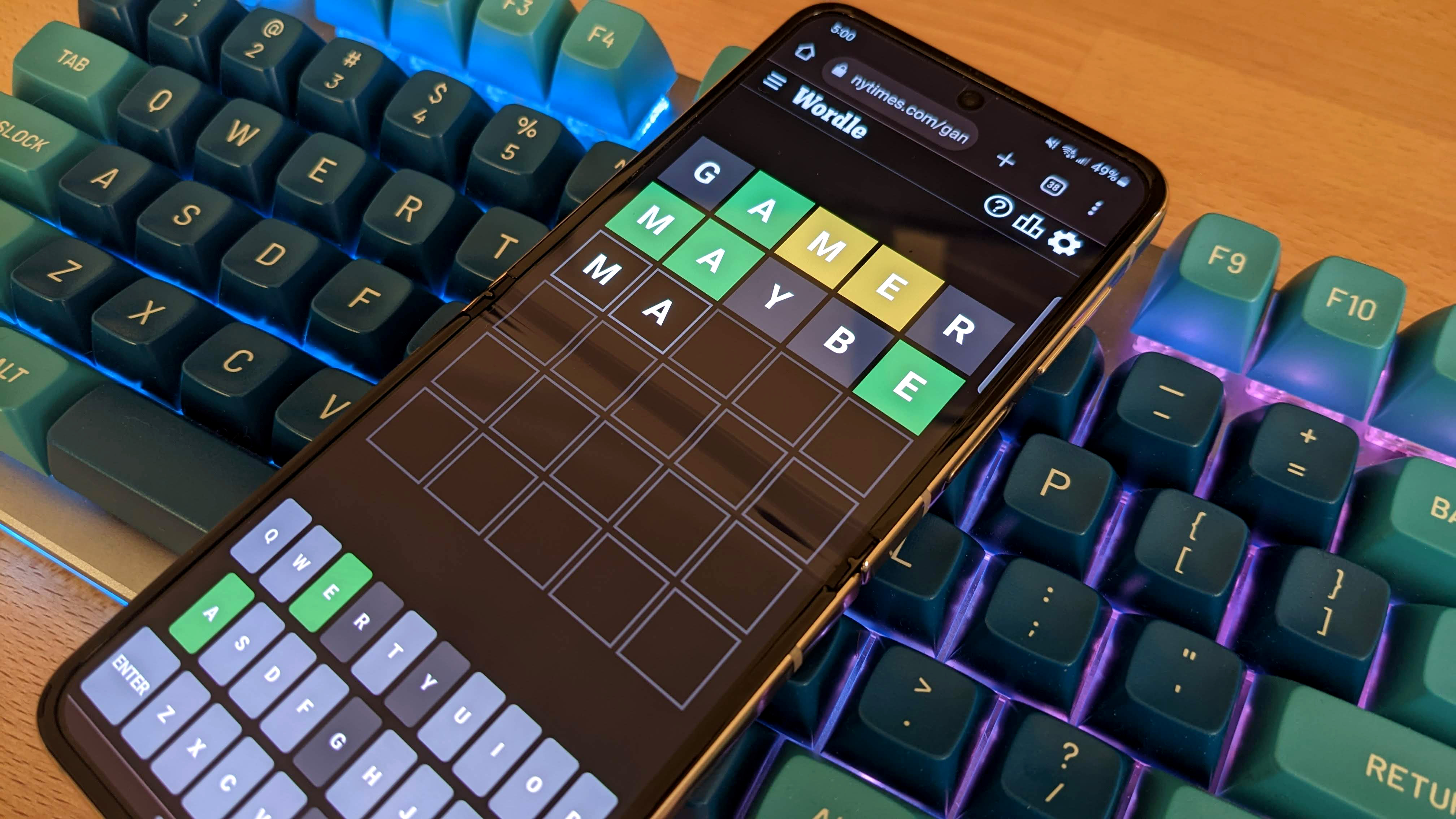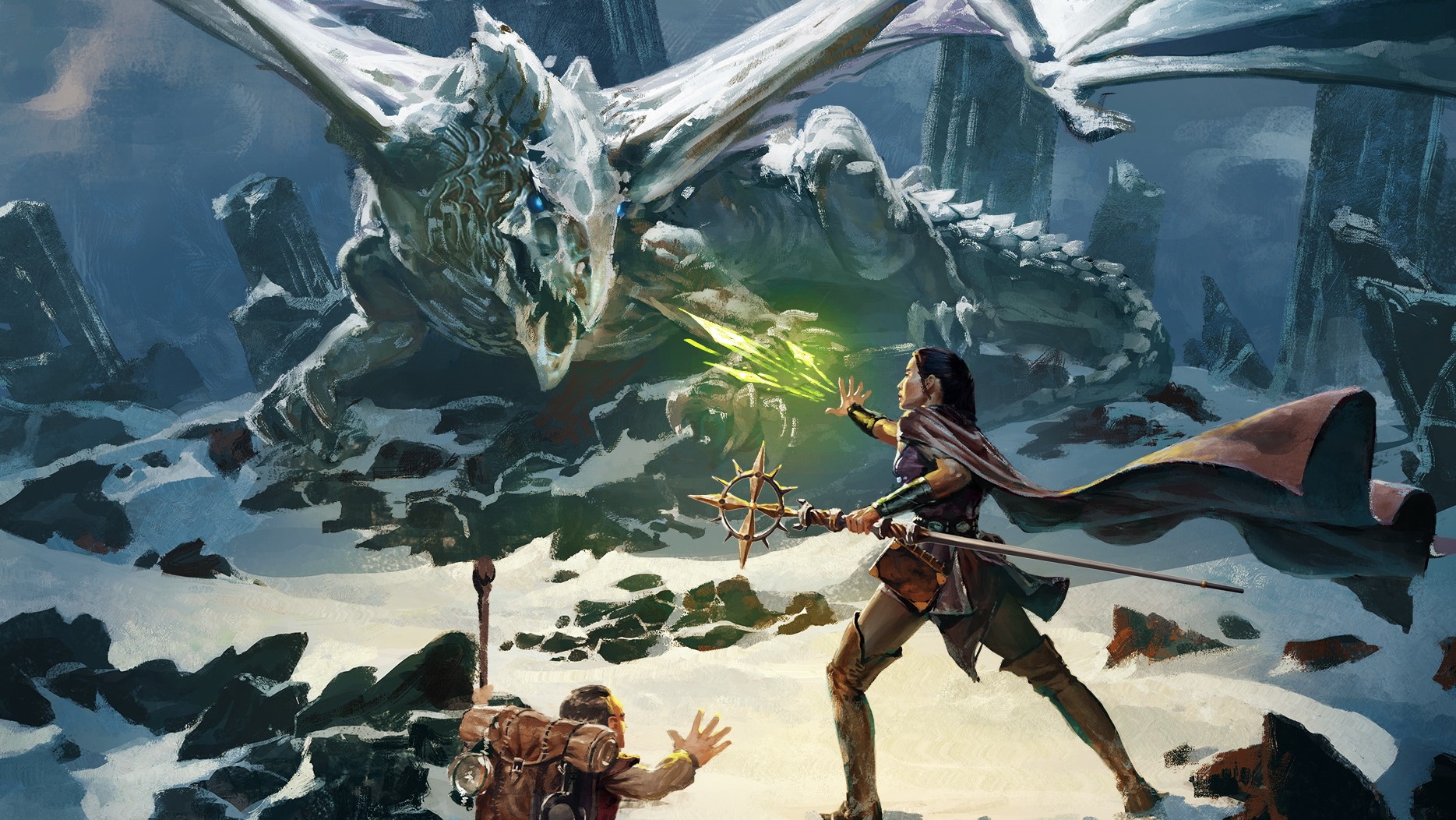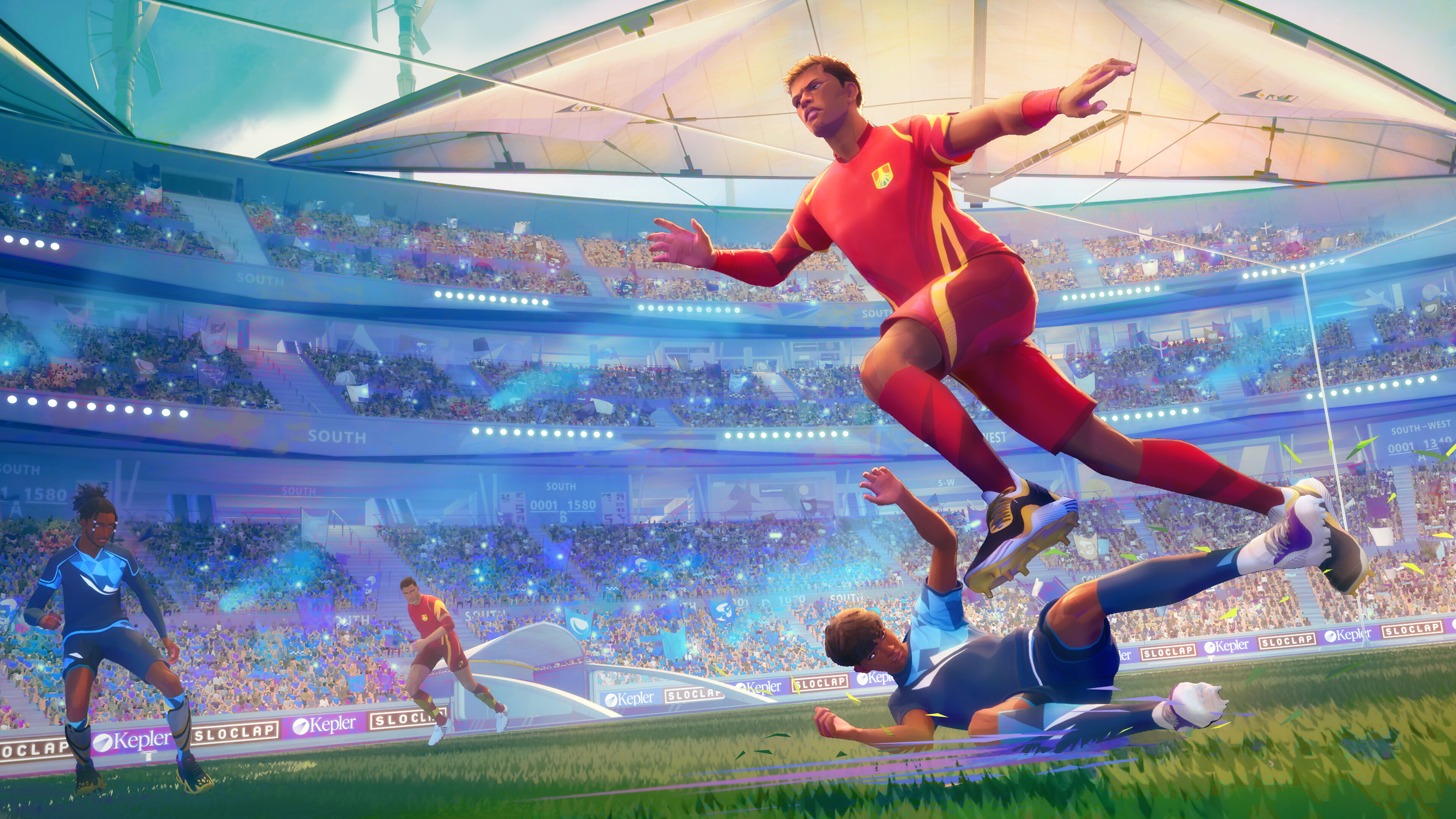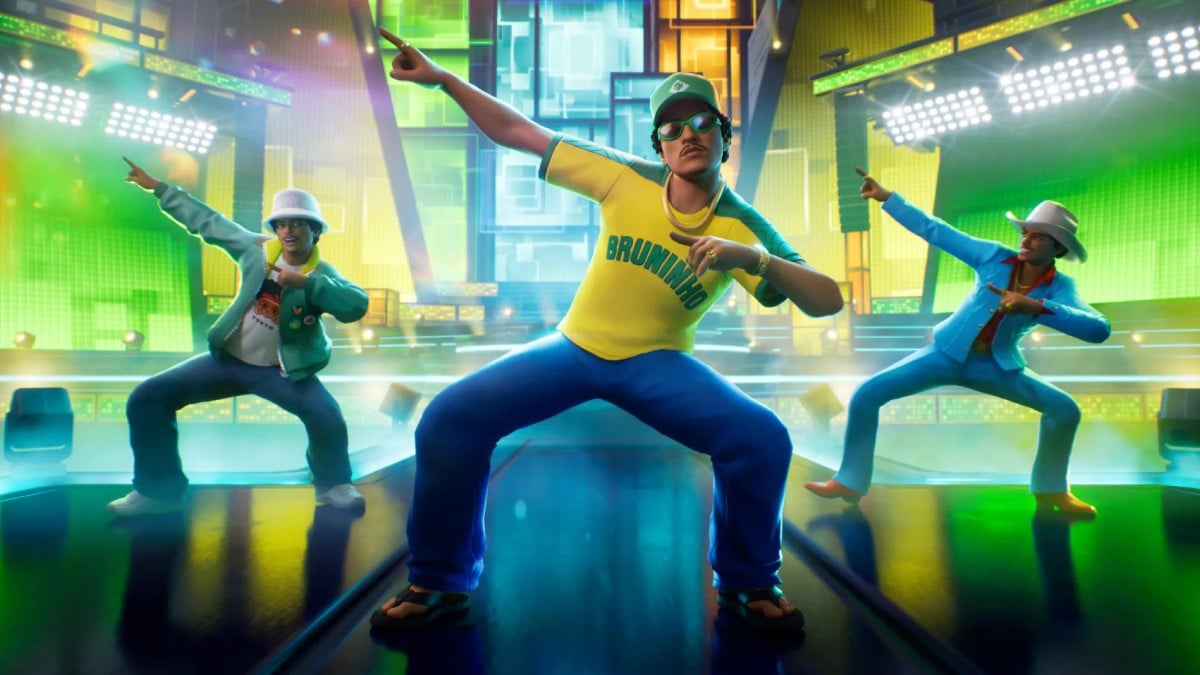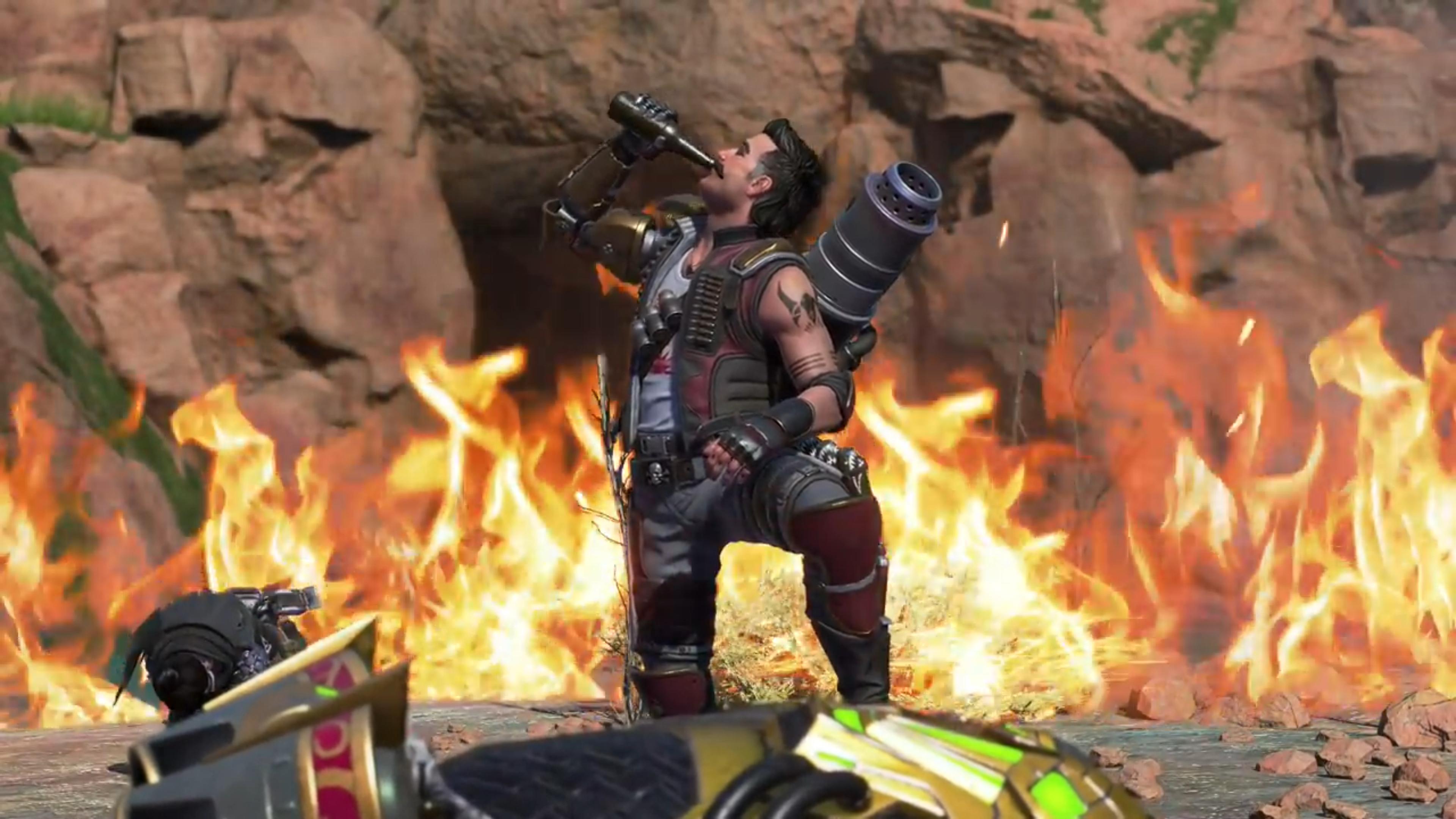
Beer: Even when its bad it's still pretty good.
What comes to mind when you think of AI? ChatGPT? Skynet? Cats doing impossible things? How about making better beer? When I’m sitting around the family dinner table this easter enjoying a cold one or three, I’ll have to bring up the fact that AI could in fact be used to make beer taste better.
Even if the thought of a bunch of computer servers messing with one of my favorite things is sacrilege, the resulting ‘improved’ beers were favorably received.
According to a study posted on Nature (via The Guardian), Belgian researchers led by Professor Kevin Verstrepen of KU Leuven University used a machine learning model to predict how a beer would taste after modifying its composition. The parameters included the basics such as the alcohol content, amount of sugar, yeast and hops, but it also examined smaller compounds and how they interact with each other.
The model was trained using 180,000 online beer reviews and the feedback from a tasting panel consisting of 16 participants. The panel sampled 250 beers for 50 different attributes over the course of three years, including bitterness, sweetness, alcohol content and malt aroma.
The model was then asked to improve a beer by suggesting alterations to its composition. The researchers made some changes to commercially available beers with the modifications suggested by the model before sampling them to the tasting panel. The resulting beer was given a significantly higher rating by the panel.
(Image credit: Jakub Porzycki/NurPhoto via Getty Images)
What is artificial general intelligence?: We dive into the lingo of AI and what the terms actually mean.
Obviously, beer is more than just a list of ingredients chucked into a vat. The skill and methodology of the brewer will always be key to a good beer. But, if an AI can make suggestions on how to make a beer taste better, or just as importantly, suggest how to turn a shitty beer into a good one, then I volunteer to be a guinea pig at the next testing session. As long as said beer is free.
On a more serious note, the team managed to create non-alcoholic beer that was indistinguishable from regular beer after making changes suggested by the model. There’s definitely no harm in that.
Finally, I’m not sure if my university professors would have approved if I went to them and said “Ï want to write a paper on beer”. I wish I’d thought of it though.
